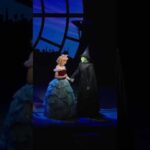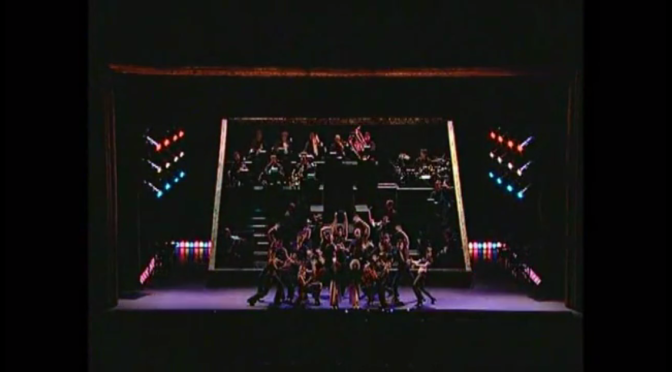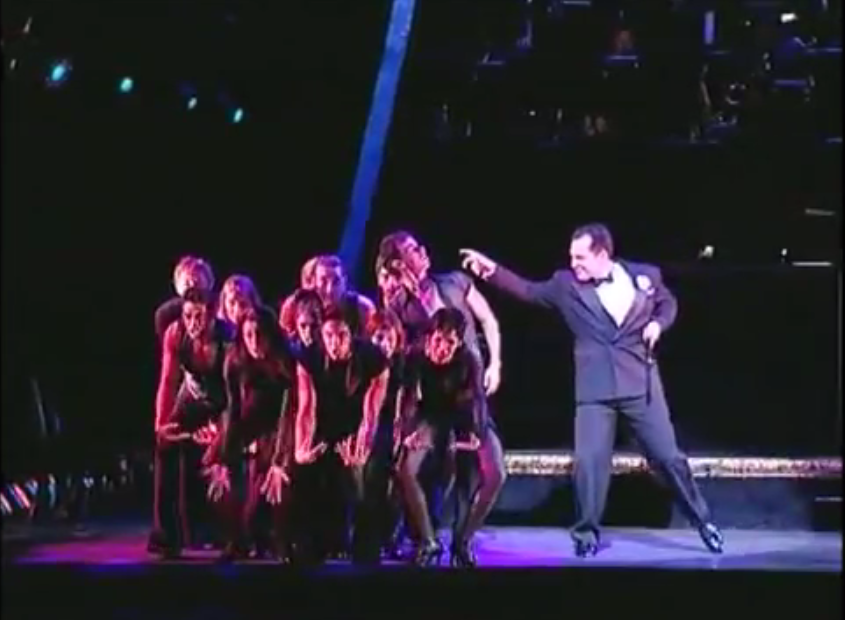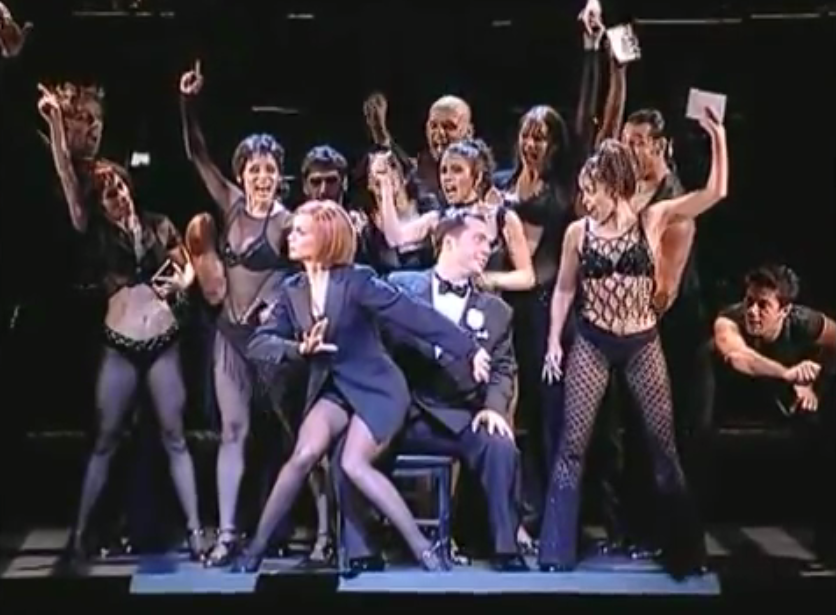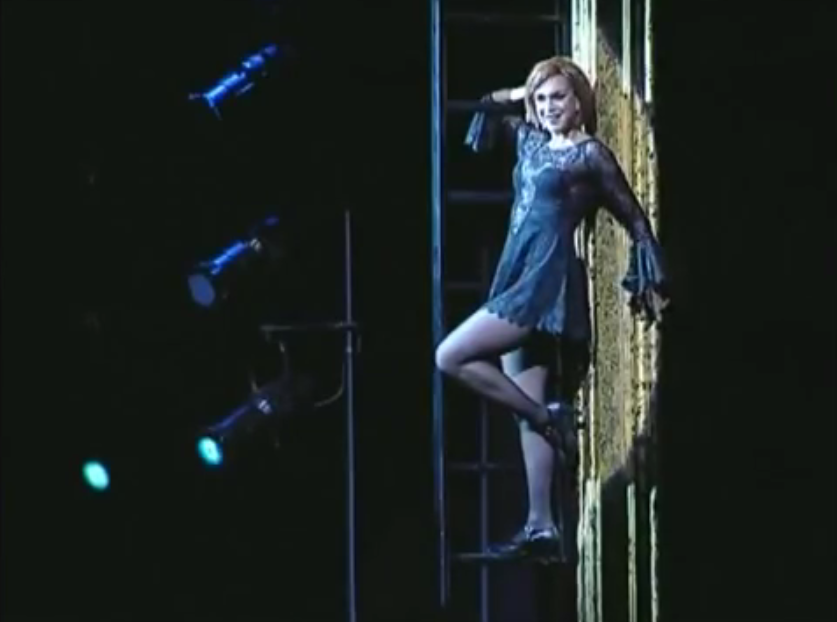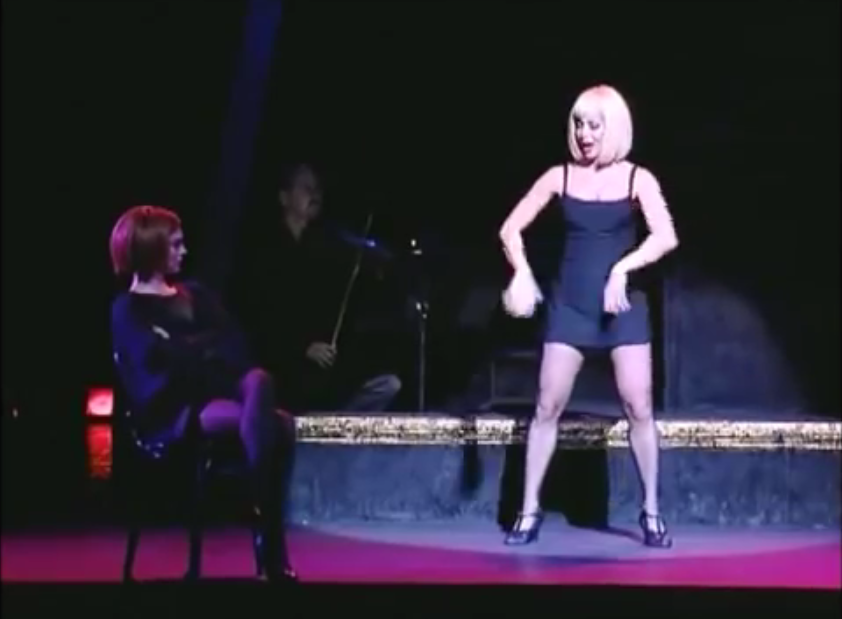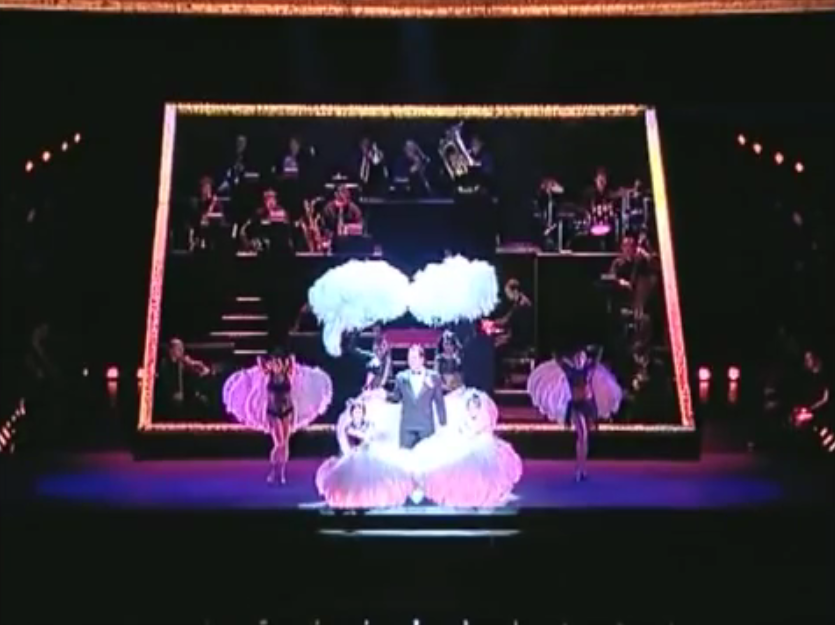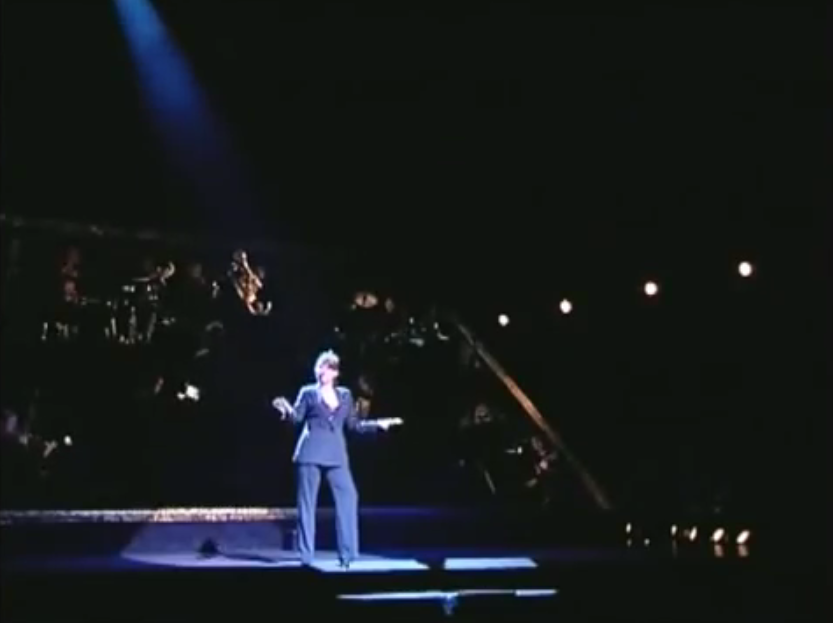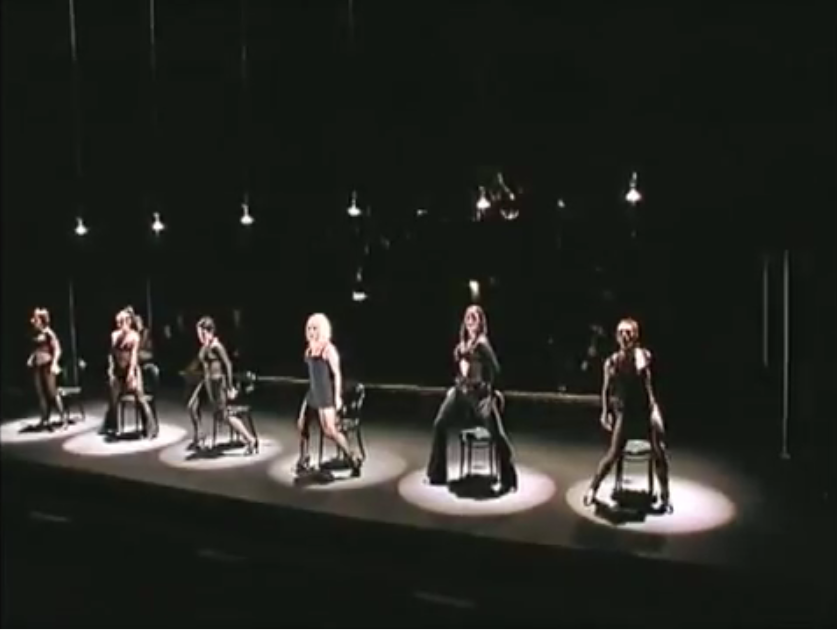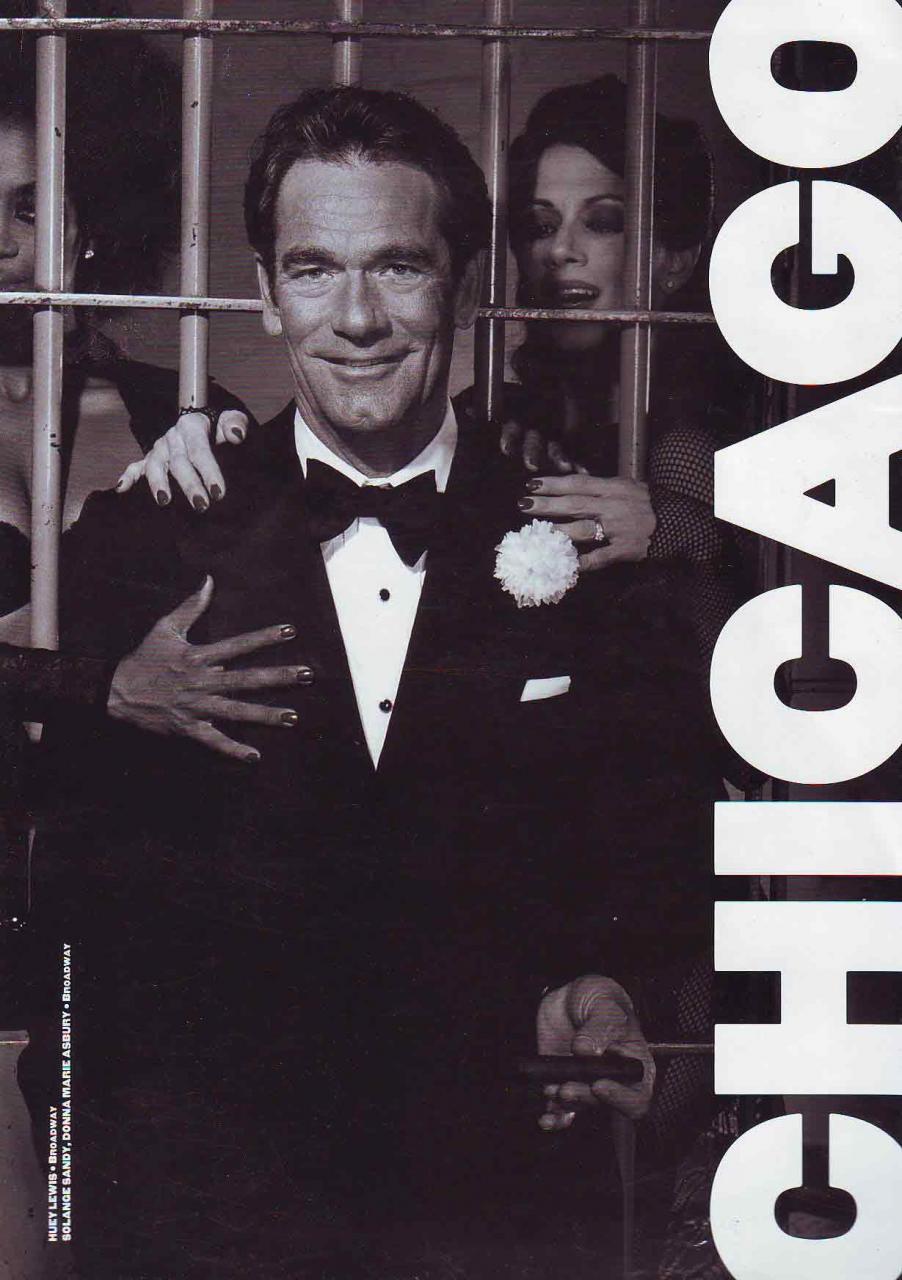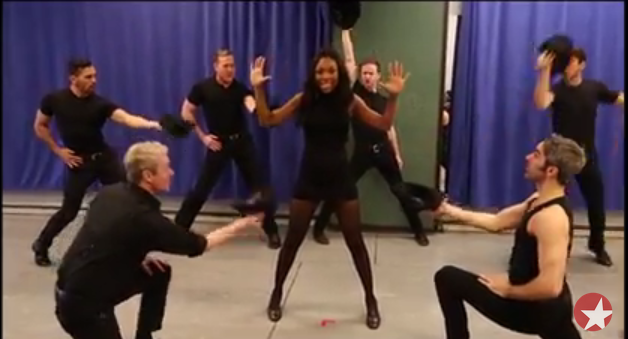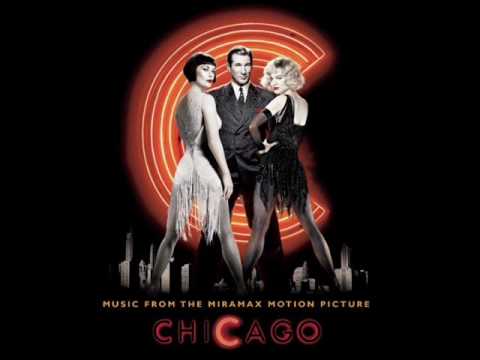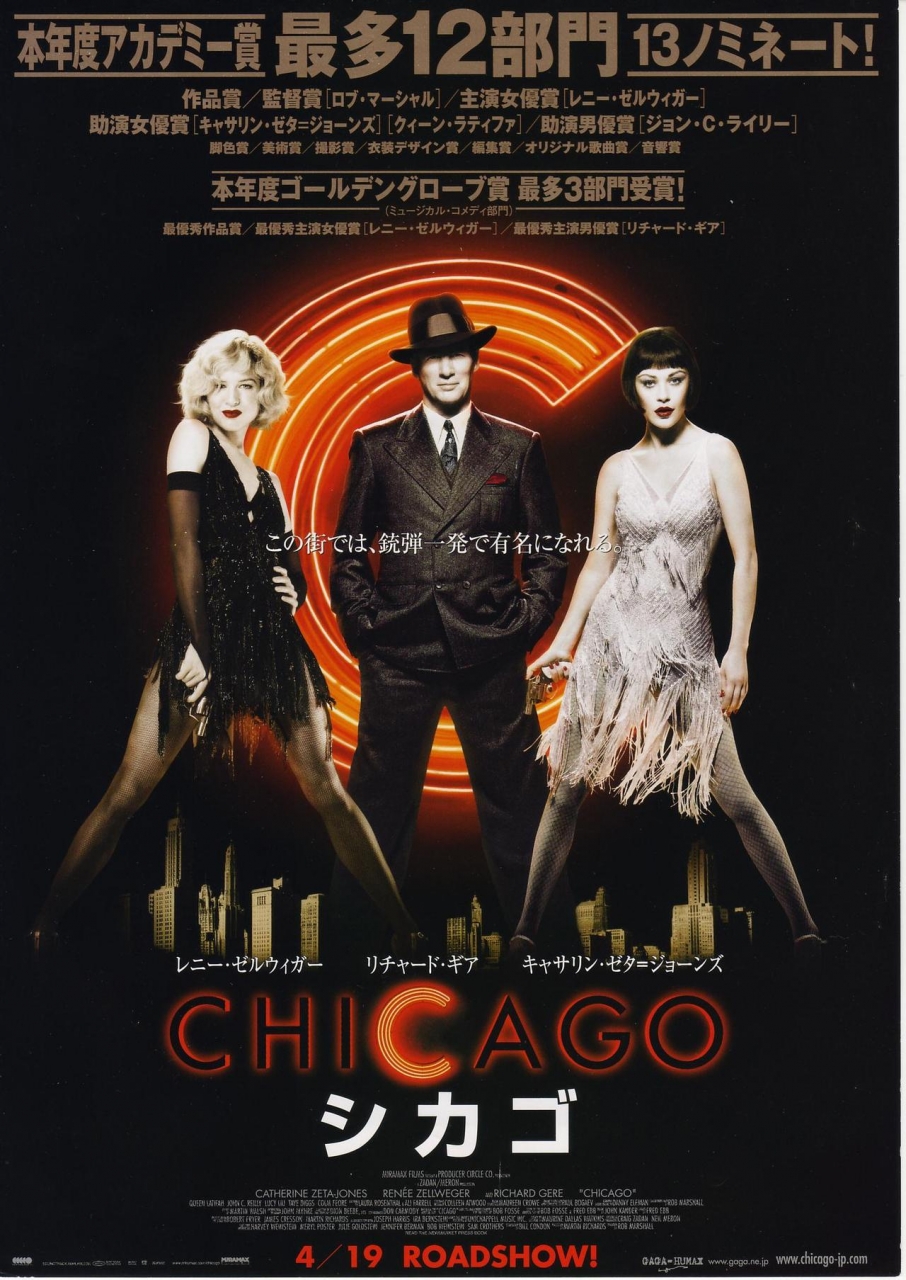Welcome to our analysis of Chicago the Musical. I just realized how several versions of “All That Jazz”, “Funny Honey” and “Razzle Dazzle” sung outside the Hollywood really got me thinking about this hit musical. Who would have thought the minimalist presentation of a musical would experience as many revivals as it is now?
It’s already 2015. Much has changed perhaps since the era where our story was set. But some things never change maybe because Kander and Ebb found a way to glamorize a story about sex, violence corruption and “all things we hold near and dear”. And it gets me thinking about several factors that made the repeat viewings worth it.
Legalese Chutzpah
I am referring to how a criminal proceeding was presented with such chutzpah, you realize how such presentation ends up becoming a lot more honest about the legal proceedings. Whenever the accused stands trial, dramatic histrionics come into play, the defendant learns how to act (sounds familiar) and the lawyer ends up turning into a scriptwriter, director, agent and press release spinner all in one. All that is viewed legal of course.
Billy Flynn is just in it for the money. That’s one thing he can manage to be honest about. And that says a lot about some lawyers from the Prohibition Era from this musical is set to today. Some things haven’t changed indeed. And even folks who never attended law school can tell how he managed to defend Roxie Hart. It’s less about the law applicable to her and more about the drama applied on the law available for her to use.
“I want to talk to my lawyer”, a line that accused individuals say whenever they feel cornered and in need of someone to speak on their behalf. But later on, as presented here in “Chicago The Musical”, the lawyer’s job is to provide the client with something to say to the press and to the jury, something that Roxie Hart badly needed.
She doesn’t have the brain. She doesn’t have the money. But she has Amos who may be way dumber than Roxie will ever be. And she found a way to make a bad situation work out for her like realizing how she can be the toast of the town despite being in jail which brings us to the next factor that made this musical such a hit.
Battle of the Spotlight Hogs
Whether Roxie Hart is already a spotlight hog before she met Billy Flynn or not, meeting Billy Flynn helped spark that fame whore in her. The same game plan he used on Velma Kelly is the same game plan he used on Roxie Hart. Maybe because it has worked before. It was the Hollywood film version that suggested that. In the musical version, you are left to judge that on your own. It just so happened that it worked on Roxie too.
Velma is in it for the fame. And jail never tempered her need to be on the papers for the sake of remaining relevant. Famous, infamous, it doesn’t make any difference for her as long as she’s on the front page. Instead of remorse, she felt so much pride at the sight of her name on the broadsheet’s front page discussing the horrors of her double homicide case. She even bragged it to Mama Morton.
And the moment that she realized that the new girl in town has taken up her space on the front page in several publications, she then tried to pair up with her for a vaudeville performance. No wonder it was labeled as “an act of desperation”. Roxie was only too happy to turn her down as she was just returning the favor.
There was almost a third party for the battle for the title “Darling of the Press” – the pineapple heiress who ended up with all the cameras and interviews right when Roxie was still waiting for her trial date. Since she has lied far enough to prolong her newfound fame, she then faked a pregnancy. Nice try extending her 15 minutes of fame, sucker.
The Vaudeville Treatment
Finally, we go to the very thing that made “Chicago The Musical” unique – the kind that you don’t realize if the only version you saw is the Hollywood version. You have a bunch of dancers and all that jazz having fun in what seemed to be a nightclub in Prohibition Era Chicago and then an extra giddy couple enters the stage and go lovey-dovey on each other. Later we see the girl shooting her lover thrice. So it’s not just a series of jazzed up song-and-dance numbers. There is a story.
And this is vaudeville where people are too happy to react to murders going on. There is no effort to take such a case seriously and this treatment goes on throughout the show. Nothing is taken seriously from the murders to the trials. Sometimes I view that as commentary on people living in that era as sanitized enough with too many murder cases that it has reached a point of being funny.
The minimalist treatment applied worked too. Jazzed up dancers, a lawyer in a tux, a mechanic with a dapper look that had seen better days, some black chairs and a few toy guns for the murders staged. The only prop that could have outdone the guns were the feathers that welcomed Billy into the story. But that was the only time it was used. The guns got used in Roxie’s scene and in the heiress’s scene. Then it’s all back to the black chairs in presenting a story meant to be funny. Most versions got it right.
People watch “Chicago The Musical” to laugh. Yeah, it is a parody of the legal system but the main reason why it succeeded in being funny is because of the truth found there. Sometimes you are more interested in the lawyer’s showmanship than whether the accused deserved to be convicted or not. If the accused managed to bring in the drama too and ended up coming across as funny instead, you realize the kind of credibility and believability found in this musical.
At least, in “Chicago The Musical”, there are song-and-dance numbers around. It’s pretension-free about hearings that still manage to put soap operas to shame. Some things end up being funny when it reminds you of something that you have seen before a little too often, it has lost its potency to be a credible sob story that it has transcended to the point of being funny. So bringing in the song-and-dance numbers only brought the point home. Billy Flynn said it best too “It’s showbiz!”
It’s the best thing about this musical. It doesn’t overly dramatize things that happen daily in life. Life is dramatic enough for the sob stories. Melodrama is not the only genre that can present stories involving such crimes. Even vaudeville has its own spin on sharing these stories. The moment a culture have managed to present even the darkest stories in the most upbeat manner possible, you know that they have learned to cope with the burden of life. And no feel-good musical would dare tell you the truth in barely-there clothing and fishnet stockings.
So which version of “Chicago The Musical” got you thinking that way all of a sudden? If you get the opportunity to see it live, do it. It is meant to be experienced. In case productions are about to come in your area, you get to read it here. Just click “Like” on our official Facebook page, MusicalsOnline.com, and follow us on Twitter @musicalsnews. Thanks for reading.




